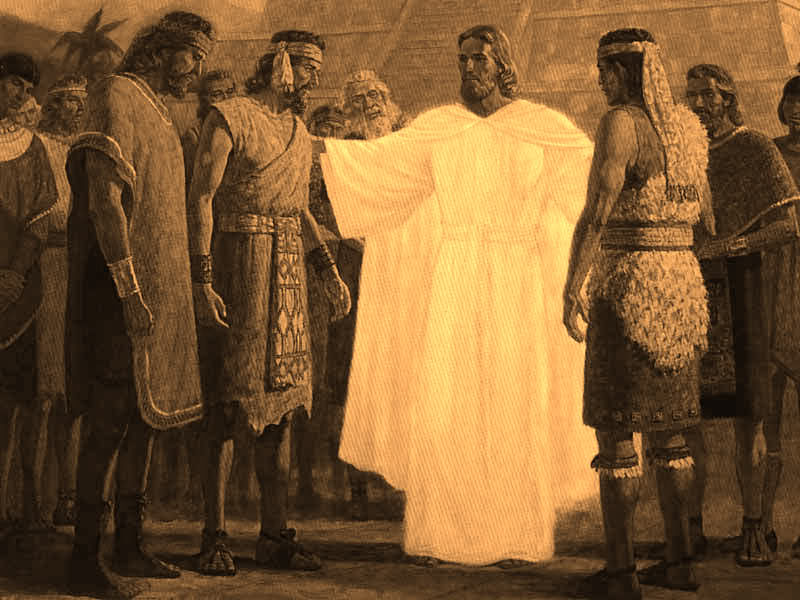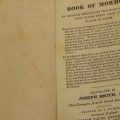Question
Gramps,
I know we have lots of reasons why Laman and Lemuel didn’t want to go with their family into the wilderness, and we have lots of evidence to prove that they at times tried to not go or to head back. My question is why they ended up going? They wanted to kill members of their family (or at least expressed it). Did they actually love their family? Is there evidence to show that the culture during that time was extremely family oriented? What would people have thought if Laman and Lemuel were emancipated? Thanks for your help!
Michael
Answer
Michael,
You ask a speculative question that cannot have any but a speculative answer. But since you want speculation, Gramps is happy to provide some for you.
Did Laman, Lemuel, and their followers love their family whom they wanted to kill? Well…sure. I guess so. Maybe. In the early going, while Laman and Lemuel were probably in their teens or very early twenties, they followed their “visionary” father (a term they used derisively, but that dear old dad accepted at face value) in abandoning their home and going camping for years at a time. They might have gone back to Jerusalem — indeed, at one point their least favorite brother invited them to do exactly that — but in the end, they stayed. They helped this same brother build a ship, though only after a bunch of grousing.
Hmmm. According to Shakespeare’s Sonnet 116, “Love is not love which alters when it alteration finds”. So maybe Laman and Lemuel didn’t love their family in a Shakespearean sense.
In any case, Laman and Lemuel were of age and could have returned to Jerusalem. But after Nephi personally saw to it that the Lehi family fortune was no longer an issue, they seemed to lose interest in the prospect — though they never lost interest in whining about how ill-used they had been in being ripped from the very bosom of their precious homeland and subject to the tyranny of their upstart little brother.
Laman was obedient in fits and starts, and usually only when compelled to be so. Lemuel appears to have followed his older brother’s example pretty much all the time. The lesson here is that such “faith” might be barely enough to get you to the Promised Land, but it is not enough to secure the blessings of God upon you and your posterity.
Gramps







